There’s less than a month to go until the results of the independent investigation into allegations of abuse and mismanagement at the University of the South Pacific are to be delivered. The details of the Terms of Reference for the investigation have not been made public, and it is unclear whether staff and students will have a chance to make submissions. Meanwhile USP students across the region are about to start studying for their second trimester exams. The university’s leadership and member states owe it to them to ensure the that the investigation is robust, free of political interference and transparent.
…..to read more buy your personal copy at
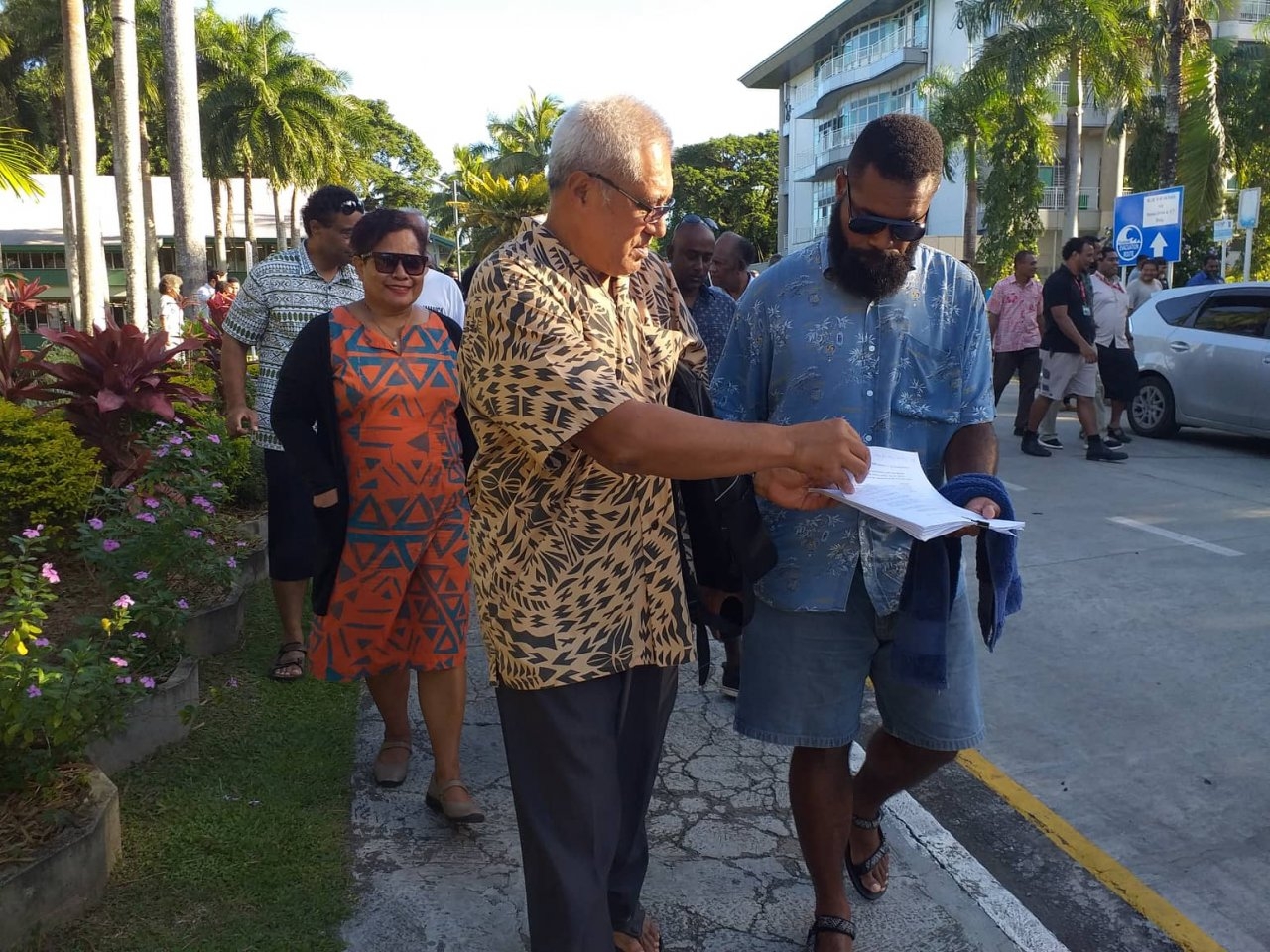
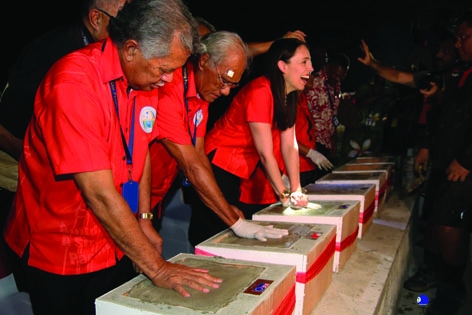
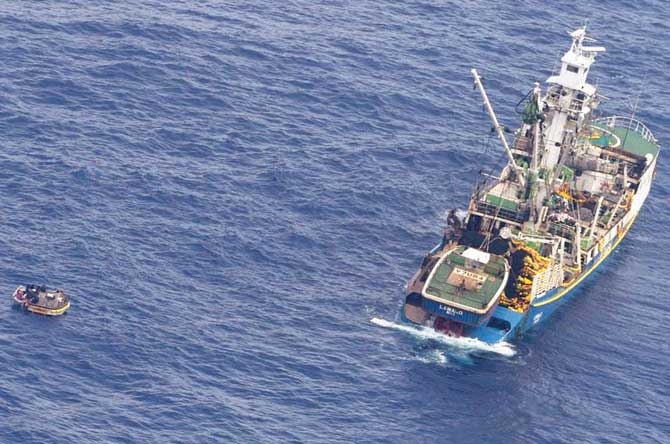
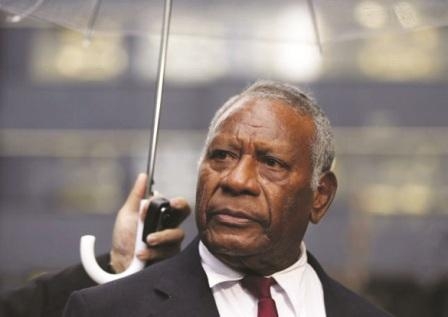

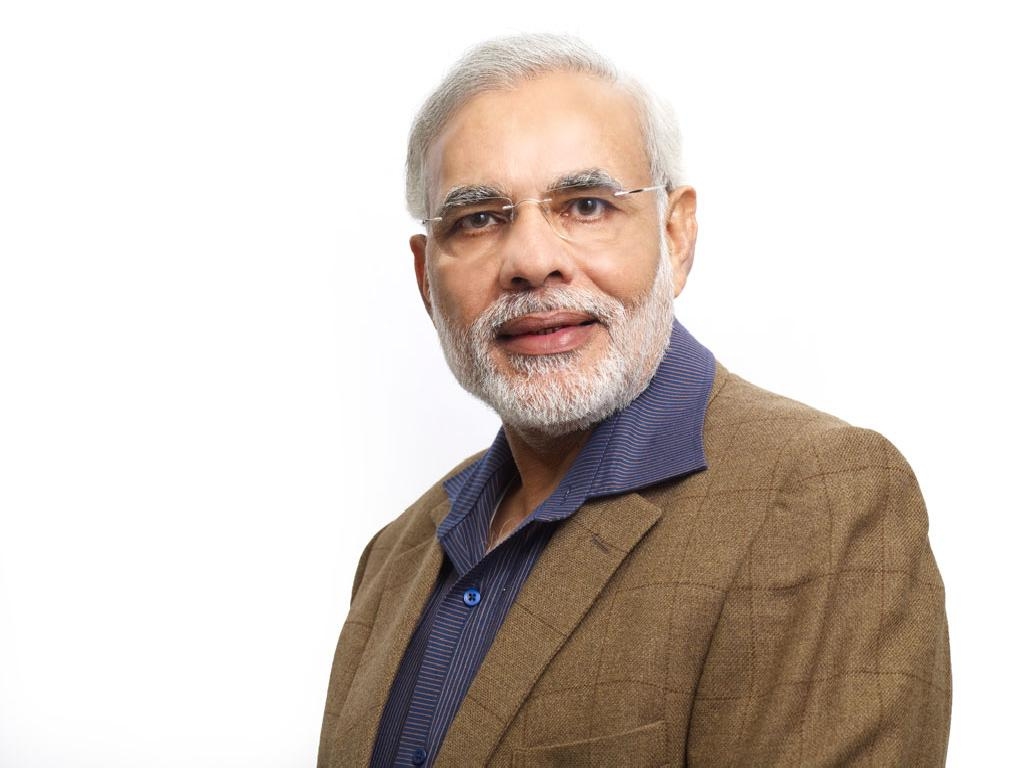
One Comment “We say”
Comments are closed.